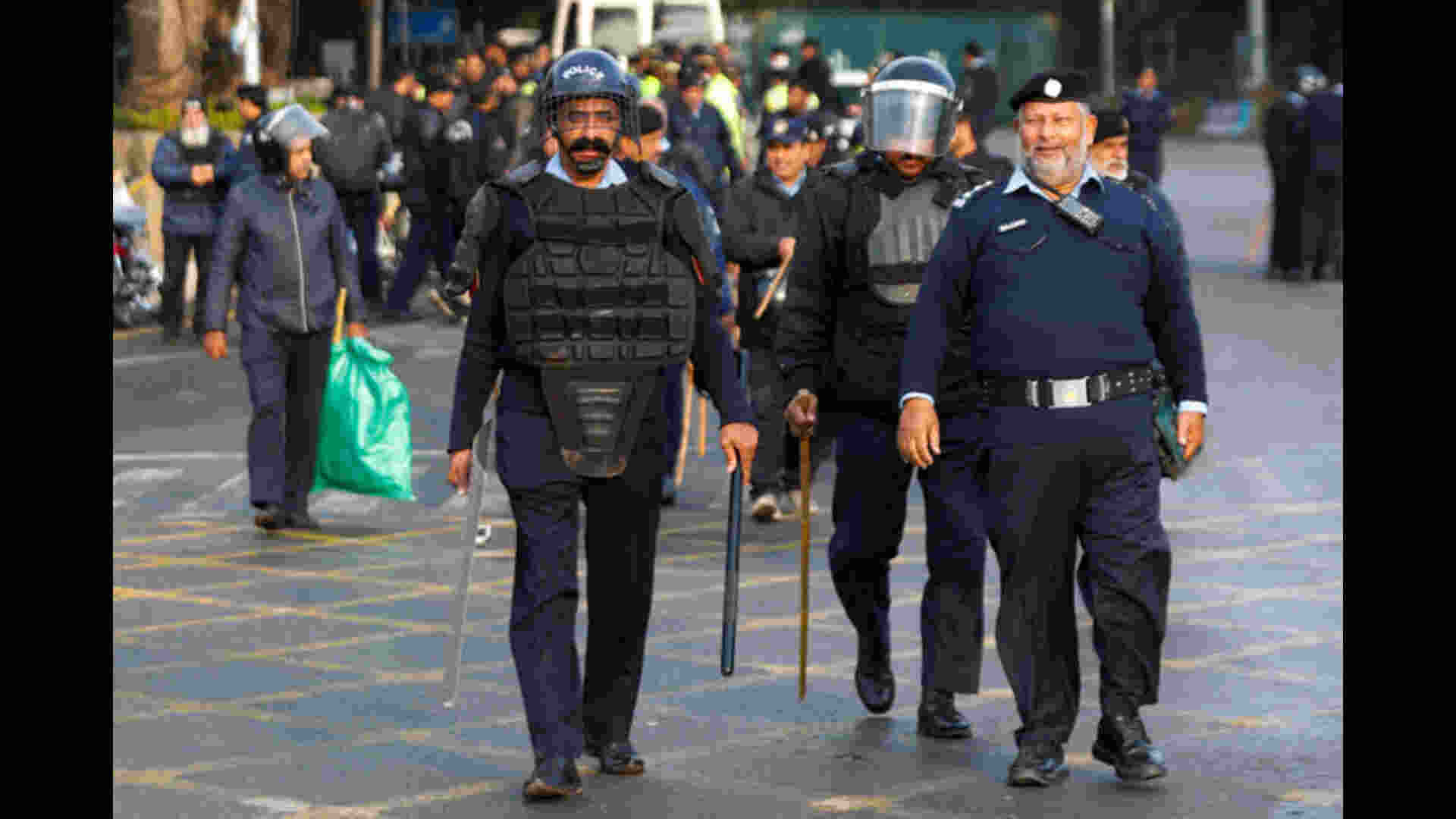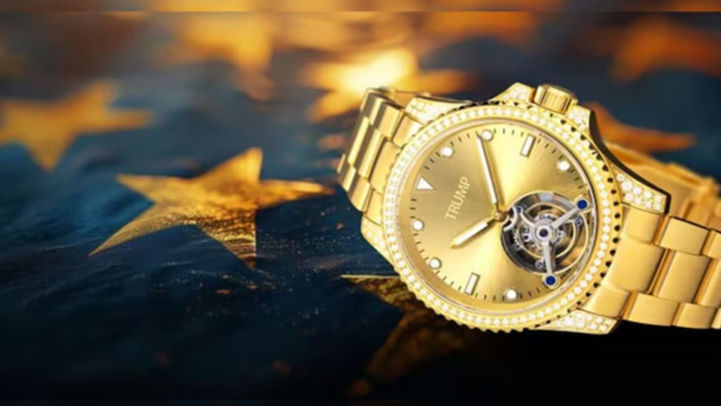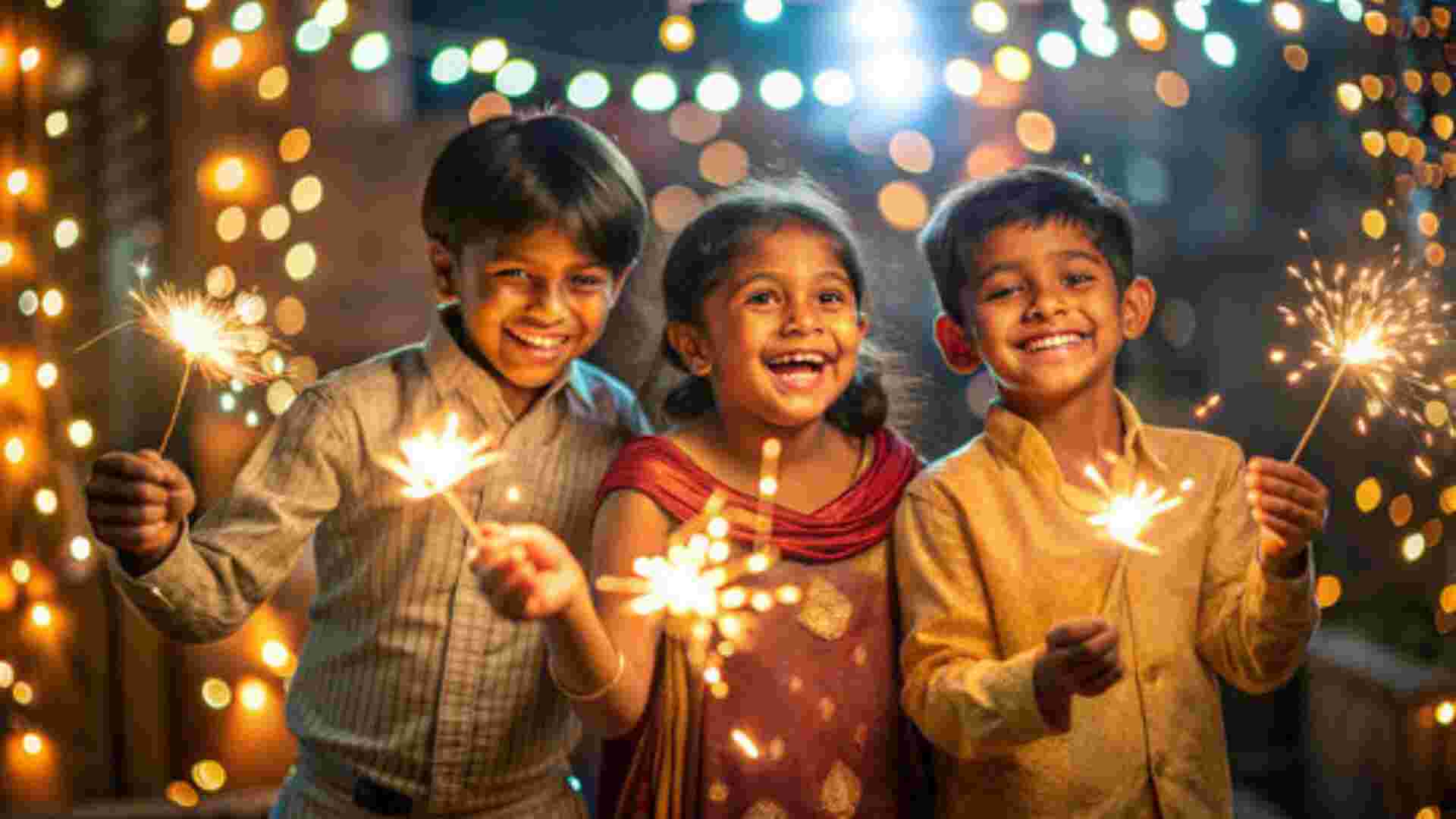
Diwali, known as the Festival of Lights, has been a cherished occasion in Indian homes for centuries. Celebrated through the lighting of diyas, sharing sweets, and worshiping deities, it embodies joy, togetherness, and spiritual significance. Although the essence of Diwali remains intact, the manner in which it is celebrated has evolved to reflect societal, technological, and cultural changes. Here’s a glimpse into how Diwali traditions have transformed while preserving their core values.
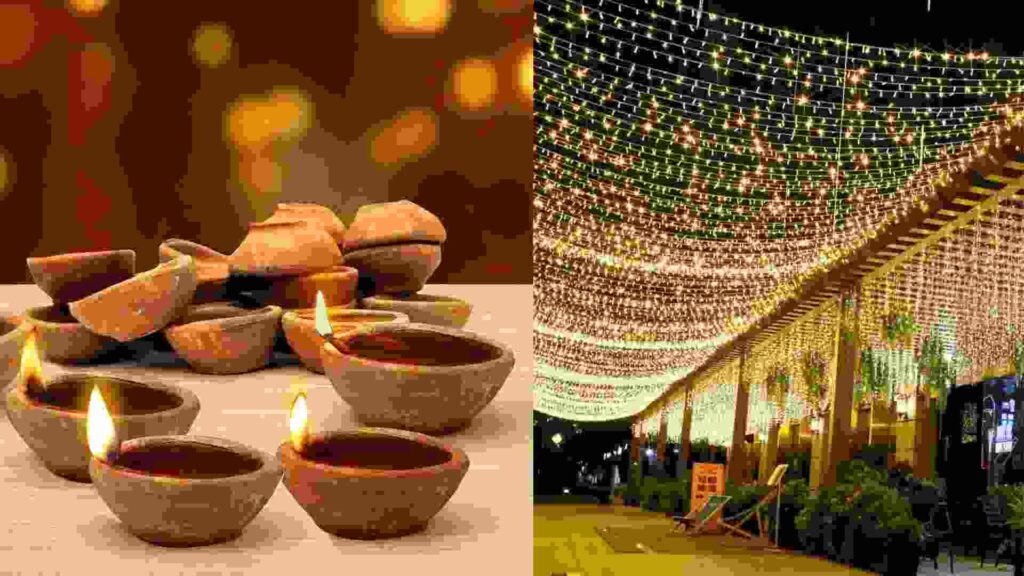
In the past, traditional clay diyas filled with oil served as the primary source of lighting during Diwali. Lighting these diyas symbolized the triumph of light over darkness, with families gathering to adorn their homes and welcome prosperity. While many still light diyas, electric lights, LED lamps, and string lights are now prevalent in Diwali decor. Today’s homes are often adorned with fairy lights and elaborate LED displays, allowing for colorful and eco-friendly lighting, though the symbolic value of diyas remains cherished.
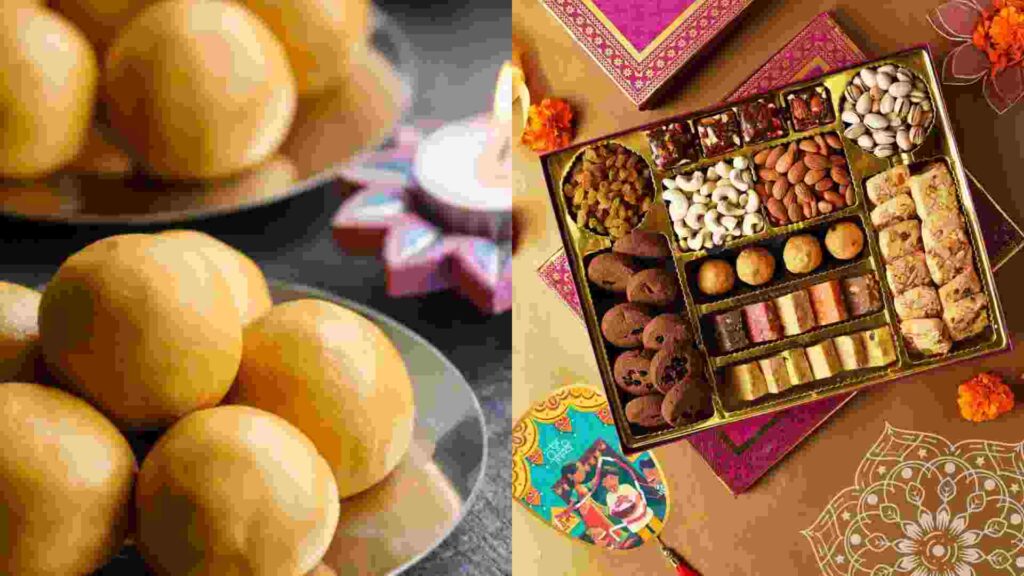
Diwali preparations traditionally involved making sweets like laddoos and barfis at home, fostering family bonding during the process. Although some families still enjoy homemade treats, busy lifestyles have led to a rise in store-bought sweets and gourmet options. The trend now includes health-conscious alternatives, such as sugar-free and organic treats, with artisanal mithai shops and curated gift hampers gaining popularity, adding a modern touch to the Diwali menu.
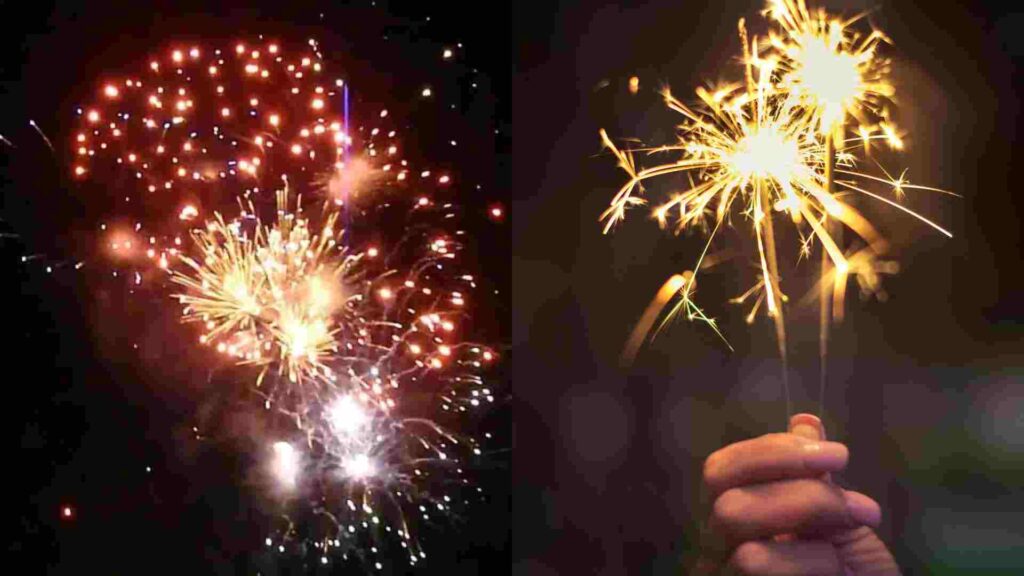
Fireworks were once a hallmark of Diwali celebrations, with vibrant displays enjoyed by all ages. However, increasing environmental awareness has prompted many families to opt for eco-friendly alternatives, such as laser shows or soundless fireworks. In urban areas, community gatherings now frequently choose green celebrations, allowing families to enjoy the festival in a more responsible manner.
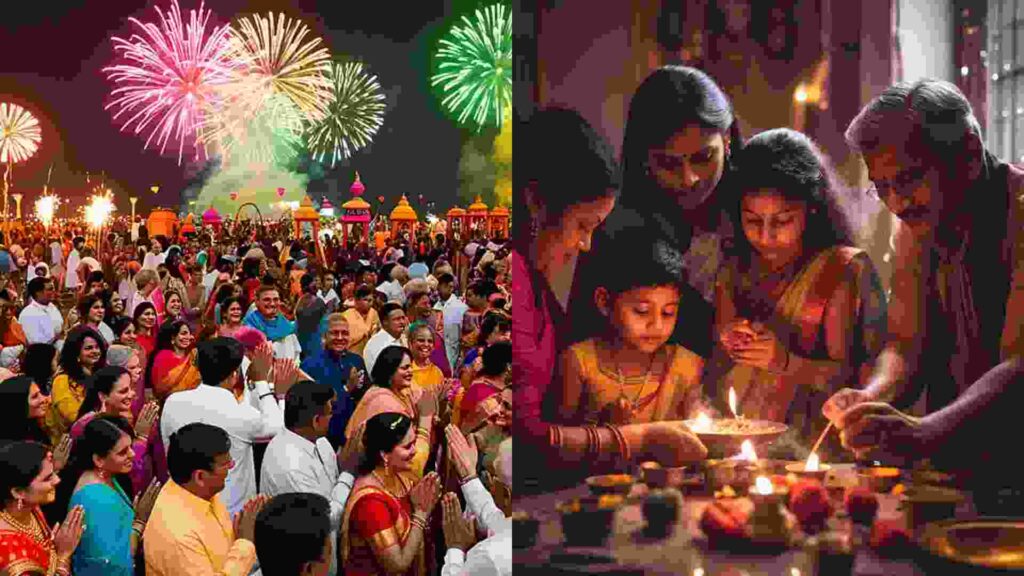
Traditionally, Diwali pujas were elaborate ceremonies that could last hours, involving guided rituals to worship deities like Lakshmi and Ganesha. Nowadays, many families prefer shorter, family-led ceremonies that include lighting diyas, offering sweets, and saying prayers together. With online resources and virtual pujas, families separated by distance can still participate in the celebrations.
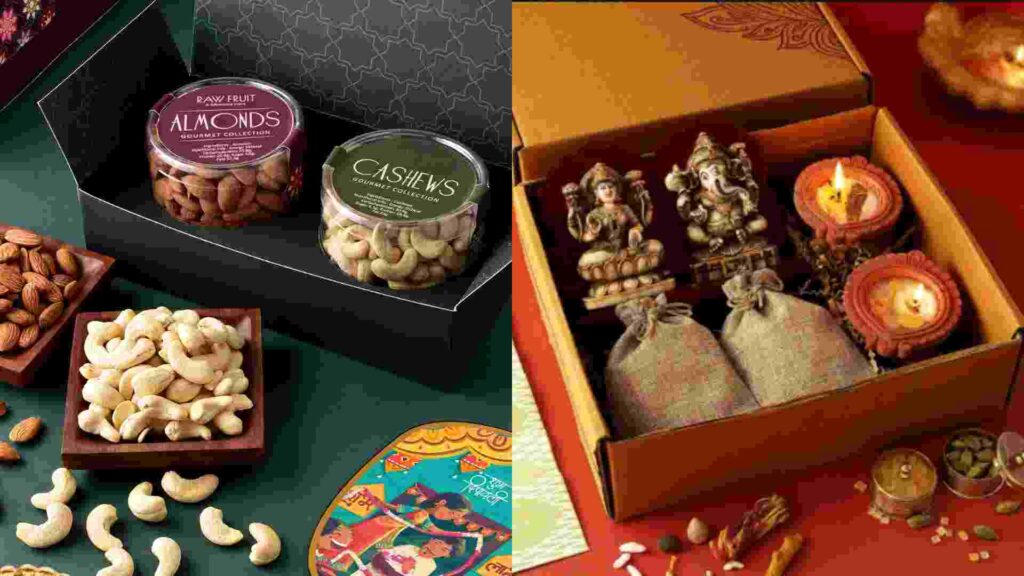
Gift-giving during Diwali has always been about sharing joy. Traditionally, sweets and dry fruits were common gifts symbolizing abundance. Today, gifting has become more personalized and eco-friendly, with curated hampers featuring handmade items, sustainable products, and biodegradable packaging becoming popular. Families increasingly support local artisans in their Diwali gifting choices.
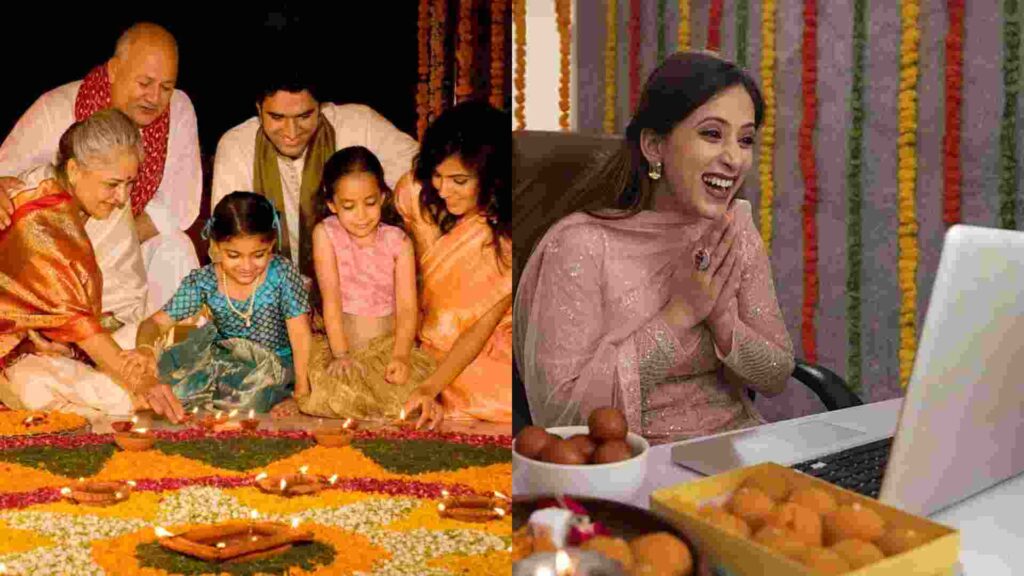
Diwali has long been a time for family reunions, with extended families gathering to celebrate together. In modern times, technology allows families who live apart to join in virtual celebrations on platforms like Zoom and WhatsApp. These digital connections enable families to maintain Diwali traditions, whether through shared online pujas or virtual dinners.
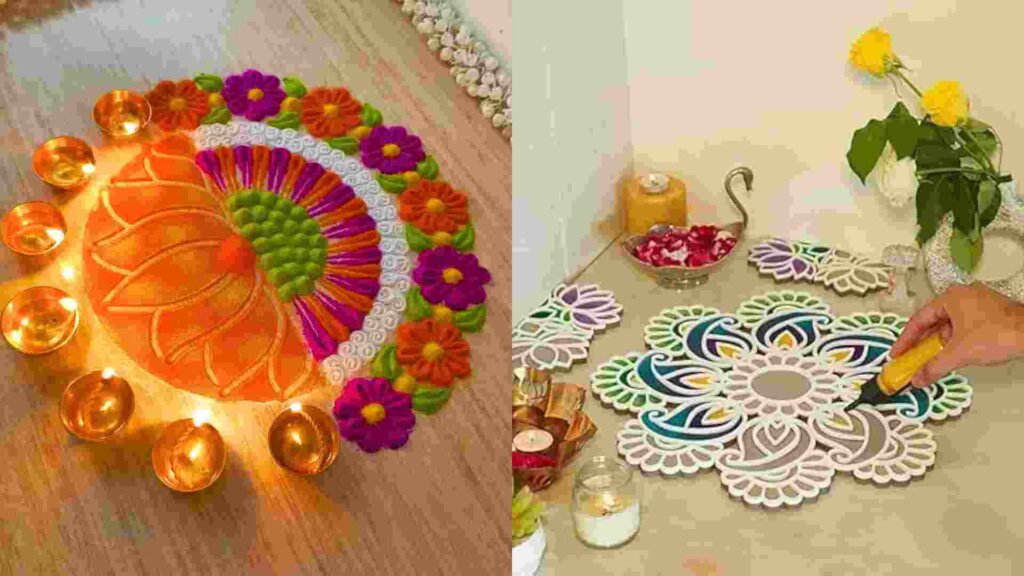
The art of creating rangoli patterns using colored powders and flowers has symbolized good luck and welcomed guests during Diwali. While many still enjoy hand-drawn designs, modern options such as stencils and digital rangoli apps have made this art accessible to all skill levels. These tools allow beginners to participate easily in this cherished tradition.
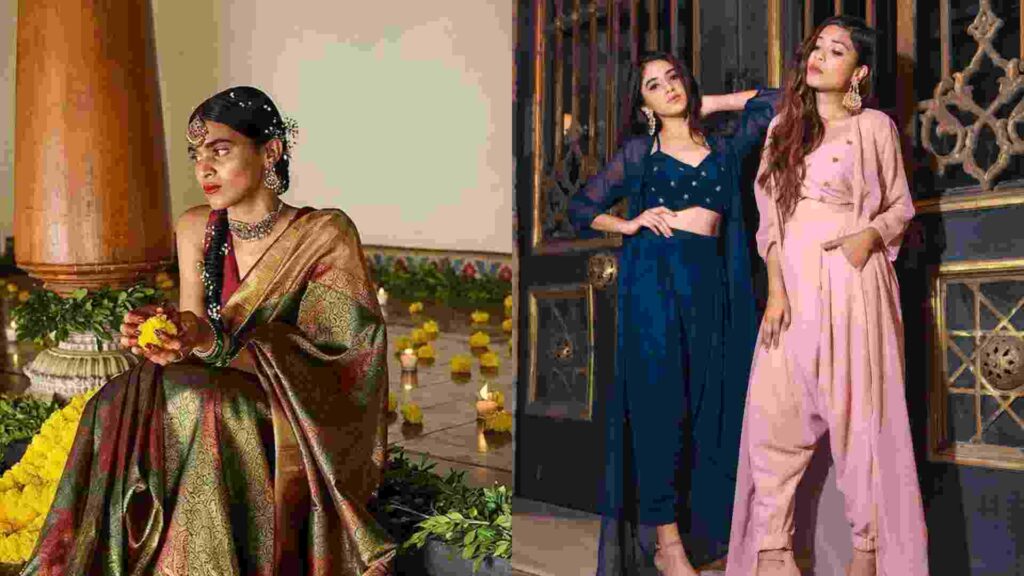
Donning new attire, particularly traditional clothing like sarees and kurta-pajamas, has always been a significant Diwali custom. While traditional outfits remain popular, fusion wear combining ethnic and contemporary styles is on the rise. Sustainable fashion, featuring eco-friendly fabrics, has also gained traction, with rental platforms enabling people to wear designer attire without contributing to fast fashion.
As we embrace these transformations, it’s evident that Diwali has gracefully adapted to contemporary times while preserving its core values. The festival continues to foster unity and joy, whether through age-old rituals or modern practices. While today’s celebrations may differ from those of the past, the essence of Diwali—the victory of light over darkness, and the importance of family and prosperity—remains steadfast.



